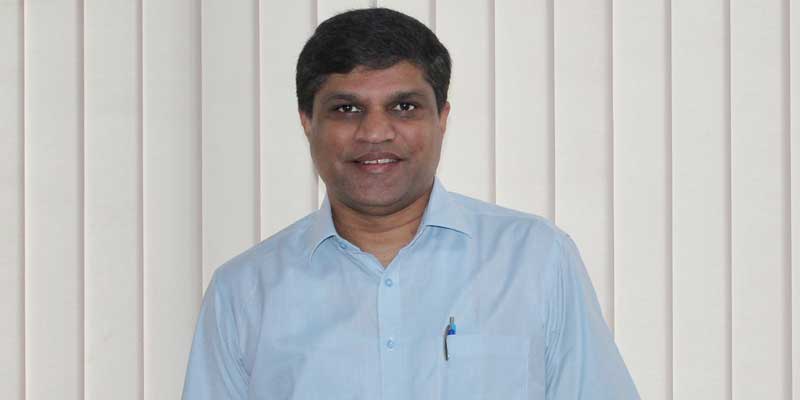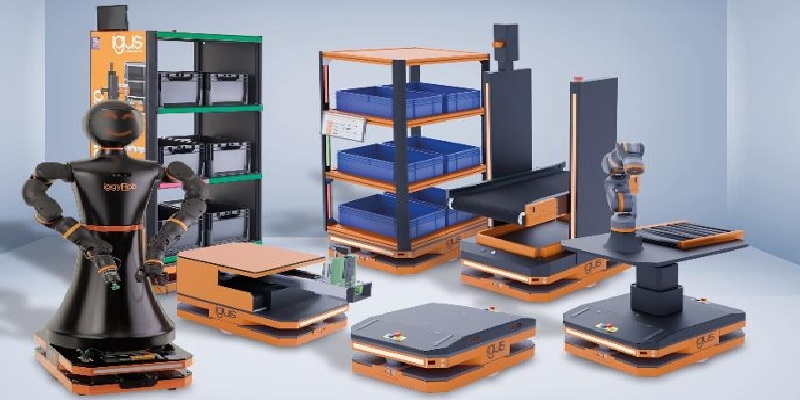Schedule a Call Back
Advanced technologies are essential for green manufacturing: Phanindra Karody
 Interviews
Interviews- Mar 01,24

Related Stories

Knauf India doubles capacity with new metal line at Khushkhera plant
The increased production capacity is expected to improve the company’s ability to meet rising domestic demand and support a wider portfolio of drywall and ceiling solutions.
Read more
Jindal Stainless Posts DJSI ESG Score of 78, Ranking among Top Global Steel Players
Jindal Stainless has achieved an ESG score of 78 in the DJSI Corporate Sustainability Assessment for FY25.
Read more
Fluid Tech to Evolve Into a Driver of Sustainable Cooling: O’Neil Pinto
In this interview, O’Neil Pinto, Vice President, Lubrizol Fluid Engineering, discusses how advanced fluid technologies are shaping smarter, sustainable refrigeration and thermal management systems
Read moreRelated Products

Automotive Oil Pump
Kalpak Auto Pvt Ltd offers a wide range of
automotive oil pump.
Tata Motors unveils facilities for development of Hydrogen propulsion tech
Tata Motors, India?s largest automobile company, unveiled two state-of-the-art & new-age R&D facilities for meeting its mission of offering sustainable mobility solutions. The unveilings constitute of Read more
Tata Motors plans petrol powertrain for Harrier and Safari SUVs
Tata Motors is in the process of developing a new petrol powertrain for its premium sports utility vehicles, the Harrier and Safari, as confirmed by a senior company official. Currently, these models Read more















